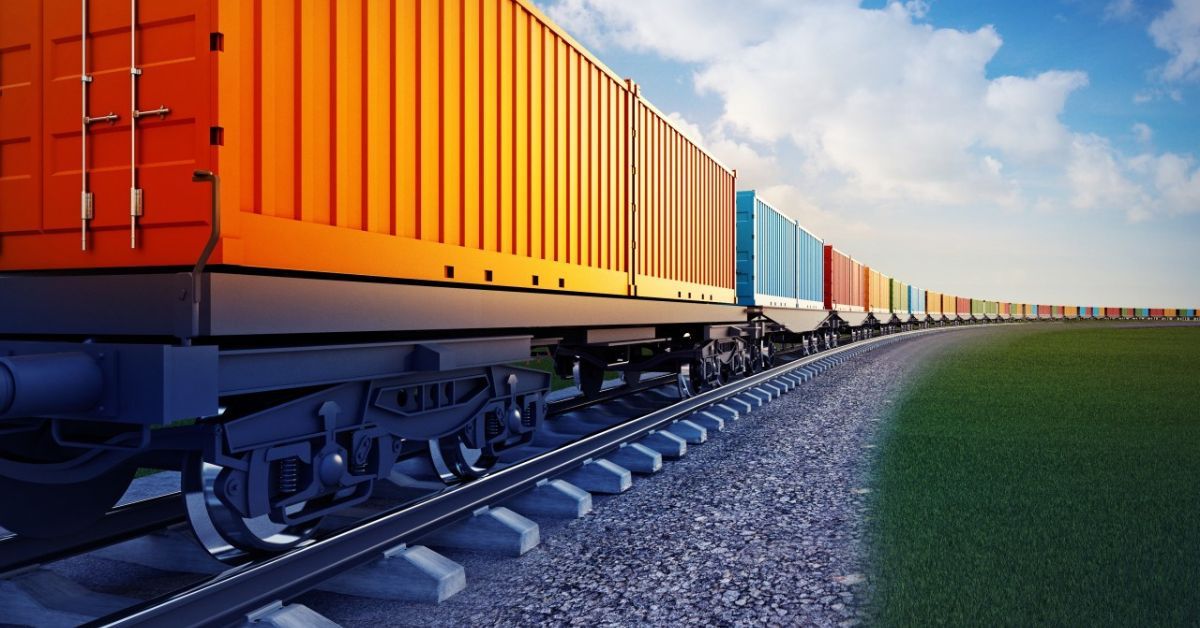Due to fierce competition from advancing road-based logistics services, the proportion of EXIM containers on rail fell from about 30% to 28% between 2014 and 2024, which is a blow to Indian Railways’ goal to grow its share of the freight industry, the report stated. According to the report “Container train operations after 20 years of deregulation,” which was written by PwC in collaboration with FICCI, improving the effectiveness and competitiveness of rail-based container logistics in India presents numerous opportunities but also necessitates resolving a number of significant issues.
Container rail is “the future of Indian Railways,” according to Prabhas Dansana, Principal Executive Director – Traffic Transportation, Ministry of Railways. He noted that the industry is essential to reaching the country’s goal of 40–45% containerized traffic in the next five-year plan. In FY24, domestic traffic increased by 20% while export traffic decreased by 0.59%. In order to promote adoption and competitiveness, measures are being made, such as rationalizing container rates and permitting bulk container movement at lower tariffs, Dansana stated late Friday when publishing the study.
Approximately 65% of freight traffic is handled by roads, which dominate the freight business. Rail comes in second with a 26% share. The remaining 9% of the freight volume is handled by pipelines, inland waterways, and coastal shipping, among other forms of transportation. When the railroads let commercial rail operators to enter the inland container haulage industry in 2006, the government-owned Container Corporation of India (CONCOR) lost its monopoly and the Indian container train operator (CTO) market was deregulated.
About Rs 10,000 crore has been spent by the CTO sector, which includes CONCOR and other authorized businesses, to acquire about 700 rakes in order to provide domestic rail-based container transportation services as well as EXIM. According to the research, railroads invested a total of Rs 94,091 crore in a dedicated freight corridor in FY24, and the CTOs collectively generated an annual turnover of roughly Rs 14,000–15,000 crore. “The percentage of freight movement on rail in containerized form has increased slightly from 4% to 5% between 2014 and 2024, despite these investments,” the report stated.
With the CTO licenses up for renewal following the 2006 deregulation, Manish Puri, President of the Association of Container Train Operators (ACTO), stated that now is the ideal moment to evaluate sector performance, find any gaps, and put policy and regulatory reforms into place.







